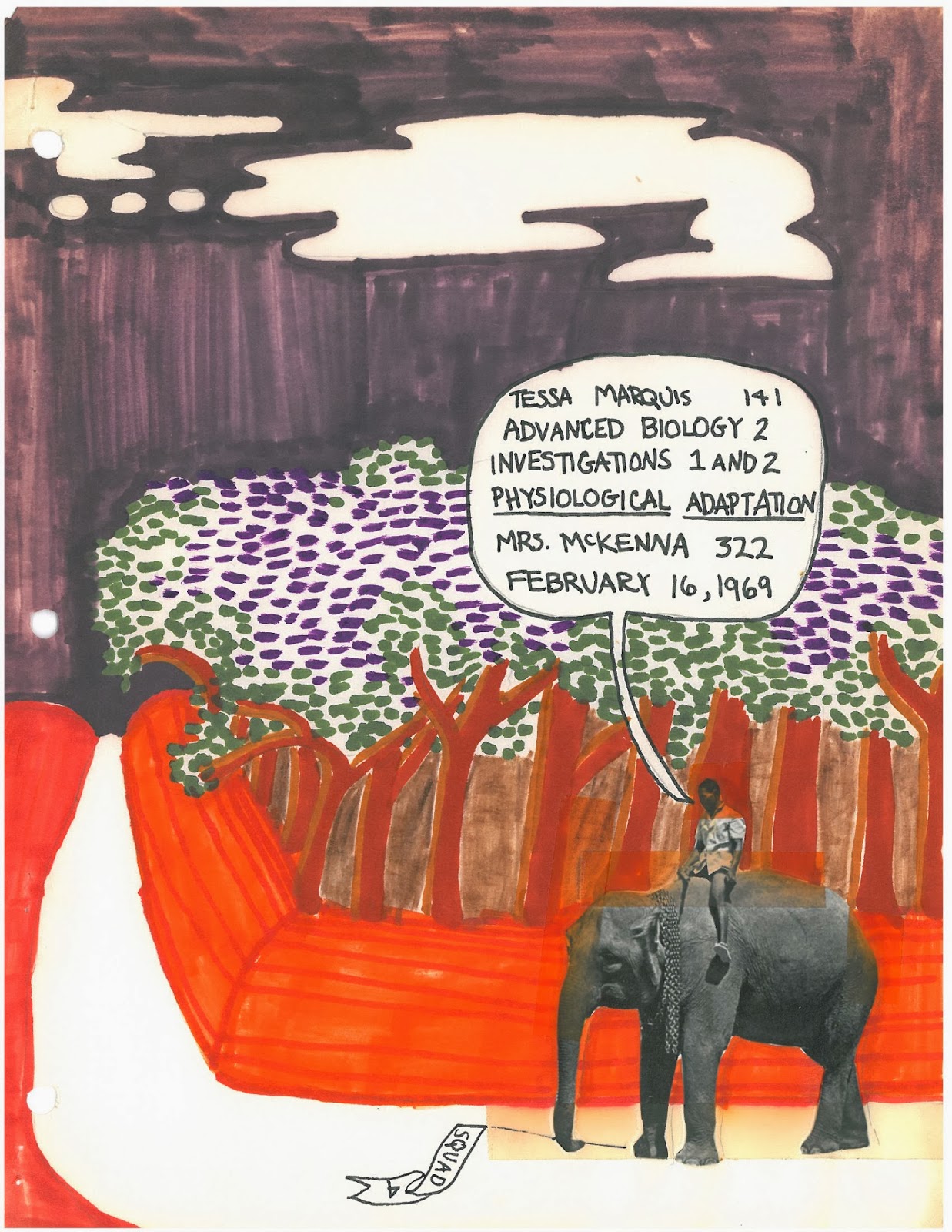 |
| Joey Reith would like this one |
 |
| High School was a Difficult time |
 |
| Some days were joyful, but it was still Prison. |
 |
| Then came Summer. |
|
|||||||||||||||||||||||||
OP-ED from The Hartford CourantForced Mental Health Treatment Wrong
By JANET VAN TASSEL | January 7, 2013
In the past month there have been numerous thoughtful recommendations for improving the state's mental health system, and Connecticut is, from a policy perspective, well-positioned to implement most of these proposals.
Since the Report of the Blue Ribbon Commission on Mental Health was issued in July 2000, the state has pursued evidence-based practices and become a national leader in promoting a community-based, family- and consumer-oriented system of care.
Unfortunately, many of these innovative measures have been funded through federal grants that are limited in scope and time, or hampered by state budget constraints that have prevented their full implementation. In addition, funding for private nonprofit agencies that provide many community supports and services has not kept pace with state-operated counterparts. In short, Connecticut has the programmatic building blocks to construct the comprehensive community-based system of care it promised when state hospitals were closed, but not the resources to support it.
For example, it is well-documented that supportive housing is a cost-effective way to provide a stable living arrangement for families and individuals with mental illness, which reduces hospital expenditures and promotes self-sufficiency. However, despite recent investments by the state, housing subsidies fall well below the demand, forcing vulnerable people into shelters, and leaving discharge-ready people in expensive state hospital beds. Similarly, a federally supported initiative to expedite Social Security disability applications for people with mental illness is understaffed, and people with mental illness are being released from the state Department of Correction facilities are homeless.
Funding to expand school-based clinics and programs for children an youth have been cut, as the number of homeless youth rises. And despite a mental health parity law, private insurers routinely deny claims for mental health treatment services, particularly for children.
Although Connecticut has been recognized as having one of the best mental health systems in the country, accessing services and supports is still a futile effort for many. In fact, persons with mental illness routinely seek legal services because their services have been denied, reduced or terminated by agencies with limited funds.
Given this context, it is troubling that legislative proposals to authorize involuntary outpatient treatment for persons with mental illness have again been raised. The appeal of such a measure, which on its face sounds eminently reasonable, is understandable. However, it is fraught with complexities, starting with the fact that determining whether a person who is not currently a danger to self or others or gravely disabled, but is "potentially dangerous" is not straightforward. There is no system for identifying persons who might be dangerous, and violent behavior is not linked to a psychiatric diagnosis.
Because a forced medication or treatment law would restrict the fundamental civil rights of people with mental illness, there are questions about whether it would violate Connecticut's constitutional protections for these individuals. Certainly, it would require an enforcement system and court proceedings comparable to those used in New York, which cost more than $32 million per year. Consequently, it would be very costly, and use money that would be better spent on community services.
A Task Force Report on Issues Related to Involuntary Outpatient Commitment and Alternatives, which was issued in January 1997, rejected outpatient commitment and recommended specific alternative measures which were subsequently pursued by the state. Last year, the Judiciary Committee had a full hearing on similar legislation, which was opposed by groups as diverse as state agencies, psychologists and police officers, and rejected by the committee. This is the time to invest the state's limited resources into constructing a comprehensive system of screening, services and housing supports for children, youth and adults with mental illness rather than pursue a course that would divert funds from the real problem. It is the wrong tool for Connecticut.
Janet Van Tassel, a lawyer, is executive director of the Connecticut Legal Rights Project and founder and co-chairwoman of the Keep the Promise Coalition.
Copyright 2013, The Hartford Courant